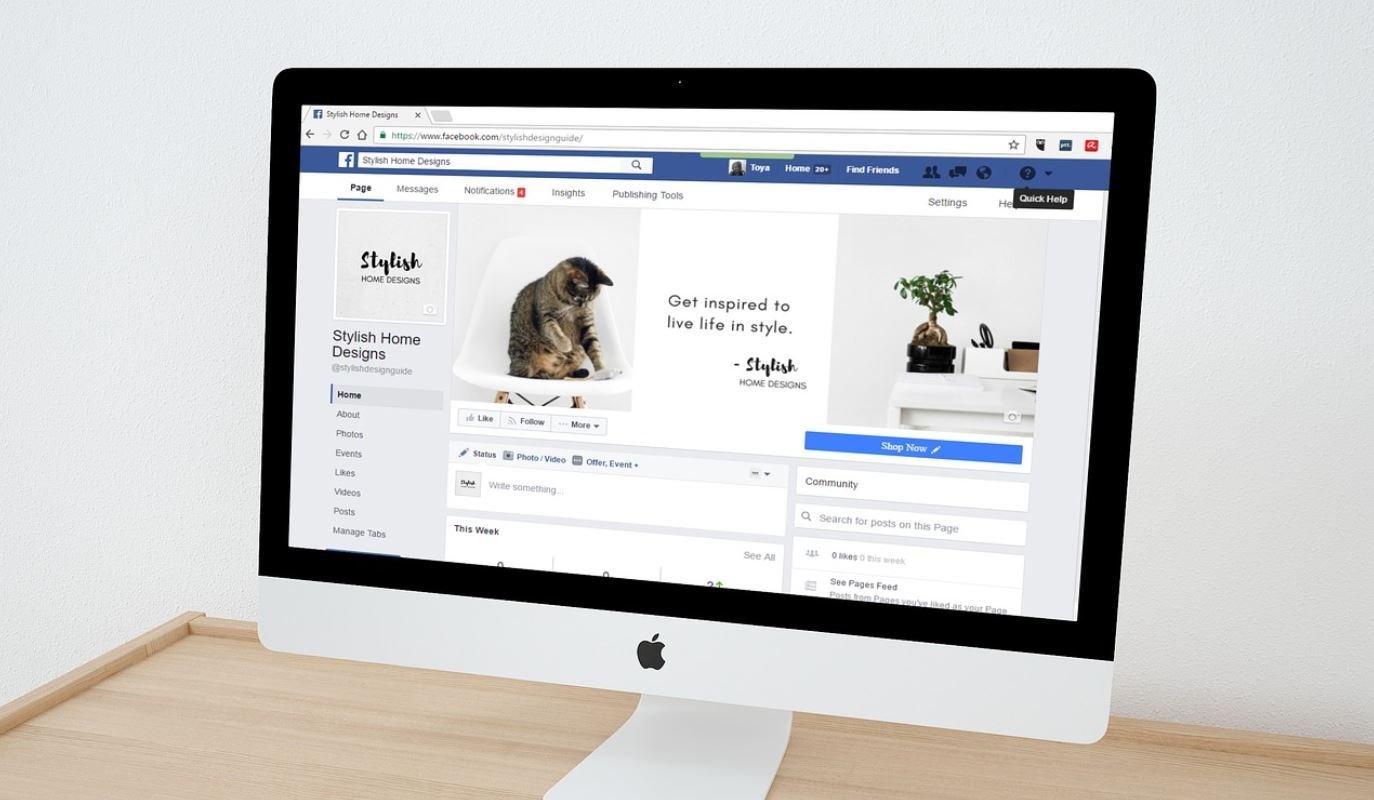
Using Your Website vs. Facebook to Reach Your Audience
For most media companies, a website and Facebook have specific roles, and both are important in building your brand. Consider your individual goals to determine if your website or Facebook is better to reach your audience.
Complete Ownership vs. Lack of Control
- Website: You own your website. It gives you complete control over your entire media brand.
- Facebook: With Facebook, you're dealing with a third-party site. You follow the company's terms of service, which are continually revised or risk your account being deleted.
Design Changes
- Website: Design your website to match your media outlet's branding goals and colors. Make changes anytime and at your discretion.
- Facebook: While you can add your logo and make minor changes in how information appears, you're still at the mercy of Facebook's look. When changes are made, you usually only find out after the new design shows up on your Facebook page.
Delivery of Information
- Website: Your audience has to make an effort to come to your site for information, and your website has to be successful to keep them coming back. With information so readily available on the Internet, it's a challenge to get people to make that decision to type in your web address instead of another media outlets.
- Facebook: You're taking your information directly where your audience is spending their time connecting with friends and family. Your updates pop into their timelines the second they're posted, putting your news right in front of thousands of eyes instantly.
Staff Updates
- Website: Staff has to be trained on how to update your website and, in a breaking news situation, the website can sometimes get neglected. It makes your site's content look out of date.
- Facebook: Even the technologically challenged know how to post information, photos or videos on Facebook. In a breaking news situation, you can get quick updates out to your audience as you receive them, which helps your media outlet own the story.
Feeding vs. Timeline
- Website: Your audience can subscribe to your RSS feed to get that quick delivery of your news. The drawback is, your users have to be using an RSS reader to keep your information streaming into them at all times.
- Facebook: Easily send your content to thousands of people spending time on Facebook. With one easy click, users can get all of your updates, comment on your Facebook page and share your information with their friends and families
Revenue
- Website: Sell ad space and sponsorships on your website to generate revenue. You set your rates and manage ad inventory
- Facebook: You can't sell ad space on your Facebook page. The revenue opportunities are non-existent.
Statistics
- Website: Your website's statistics are your secret. You don't have to inform your audience how many page views, hits or unique visitors you have coming to your site each month.
- Facebook: Everyone can see how many fans you have or don't have. As you try to boost your brand using Facebook, you may notice your competitors have thousands of fans while you only have a few hundred.
Contests
- Website: Holding a contest can drive people to your website. You can sell sponsorships, post rules, call for daily entries and monitor your website analytics to see just how effective each contest is for your media outlet.
- Facebook: Holding a contest solely on your Facebook page can drive your fan base and generate buzz as your contest link is passed around to other Facebook user. You are restricted to Facebook's promotion guidelines.
Policing User Comments
- Website: If you allow comments on the stories you post on your website, you have to decide how you'll monitor those comments and develop a policy on how to deal with any objectionable material. It can be time-consuming for your staff who may spend a lot of their time policing comments.
- Facebook: While you still have to keep an eye out for people who are only visiting your page to cause trouble, Facebook does have an easy system in place to block comments and repeat offenders.
Interaction
- Website: Your website has limited opportunities to interact with your audience. Even when people are allowed to comment on stories, they typically don't receive a response from a reporter or other member of your staff.
- Facebook: While users can comment on your stories and share them with their friends, Facebook is a place where you often find journalists using social media to interact with their audience. But is all of that interaction helping your media brand? Sure, people can talk about the story they saw on your Facebook page, but if all that buzz isn't driving people to your website, to buy your newspaper or magazine or to watch your newscast, is it helping your media outlet at all?
Edited by dtweb


Recommended Comments
There are no comments to display.